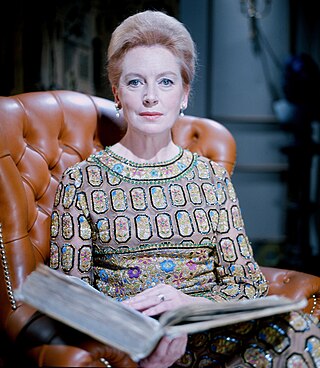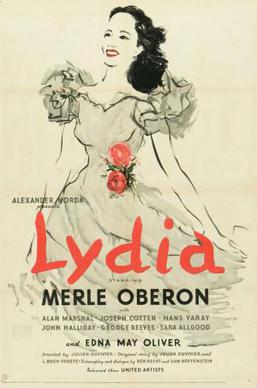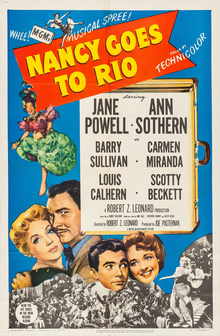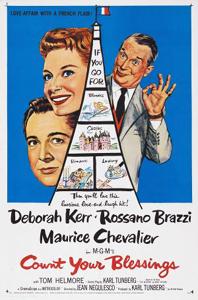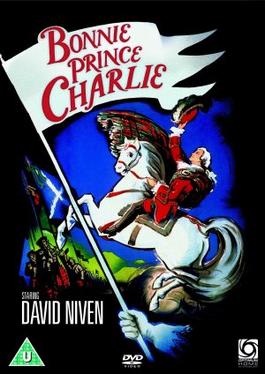Plot
Robert and Cathy Wilson are a timid married couple in 1940 London. He is a bookkeeper, she a bored housewife. However, their tedious lives are changed by the war. He enlists in the Royal Navy, and she joins the Women's Royal Naval Service. During the three years the couple are apart (their shore leaves never coincide), they are transformed, each becoming much more self-confident.
Dizzy Clayton, Cathy's assertive new friend, helps her break out of her shell. She begins going out with Dizzy's cousin, naval architect Richard, who falls in love with her. However, she remains unenthusiastically faithful to her husband.
Meanwhile, Robert becomes tougher on sea duty, and in time, he becomes a petty officer. His hands are badly burned when his ship is sunk, but he stoically rows in the lifeboat for five days without complaint. He recuperates in a hospital, tended by Elena, a beautiful nurse. On the last night of his stay, he asks her out to dinner. He is attracted to her, but she informs him that she lost her beloved husband only six months earlier, kisses him, and leaves.
Robert and Cathy both receive 10-day leaves, but each dreads being reunited with the dowdy spouse each remembers and being forced back into the dreary life they shared.
Cathy cannot bring herself to return to her flat, where Robert is waiting. Instead, she phones Robert, asking him to talk with her on more neutral ground and blurting that she wants to leave him. He is furious. They meet on the street in the pitch dark of the blackout. To her surprise, Robert readily agrees to a divorce, telling her that he was going to ask her for one. They go to the neighbourhood pub to discuss the divorce, and for the first time in three years, they see the transformation in the other.
Throughout the film, they have been talking to their new friends about their life together, and now they revisit those issues and talk honestly to each other about the past. They find that if they are "perfect strangers" now. For Cathy, the hated view from their flat, all walls and smoking chimneys, is a symbol of their lives before the war. They dance with each other for the first time, and they clearly are attracted.
Dizzy and Robert's friend Scotty meet them in the pub. Both are stunned. Dizzy thinks Cathy is crazy. Scotty calls Cathy a pin-up, but the compliment goes wrong when he shares Robert's unflattering descriptions of the 'old' Cathy. She is insulted and furious. It hardens her heart, and she leaves as the pub closes.
Outside, waiting in vain for a taxi in the bombed-out intersection, the argument continues—they even fight over where the shops were formerly located. In the end, Scotty goes to his billet, leaving Robert on the street. The girls go to the flat, where Cathy wistfully tells Dizzy about how she and Robert met.
Robert returns to retrieve his gear and finds Cathy sitting in the corner of the windowseat. The sky is bright with early morning light, and beyond the shattered houses, the vista toward the river is broken only by a church steeple. The high walls and smoking chimneys are gone. Robert opens the window, letting in the sounds of the city. A clock strikes 5. He turns to look at Cathy, saying “Well, you've certainly got the view you always wanted.”
“Miles and miles of it,” she replies. “But oh Robert, the desolation.”
“Poor old London,” he says, looking out the window. “Well, we'll just have to build it up again. That's all.”
“It will take years and years,” Cathy says, her eyes on him.
He reaches out to put his hand on hers, and then turns toward her, saying “Well, what does that matter? We're young.” Cathy lifts her head to meet him, and they embrace passionately.
Production
Perfect Strangers was based on a story by Esther McCracken and a screen treatment by Arthur Wimperis. It was meant to be the first of what was supposed to be a number of co-productions between Alexander Korda and M-G-M made in Britain - other proposed projects included Lottie Dundass with Vivien Leigh from a story by Edith Bagnold, a biopic of Robert Louis Stevenson starring Robert Donat, a version of War and Peace directed by Orson Welles and starring Korda's wife, Merle Oberon, and an untitled Carol Reed project. Perfect Strangers was meant to star Donat and Oberon but by December 1943 Oberon had been replaced by Deborah Kerr as Oberon was still in the U.S. Wesley Ruggles was to come from Hollywood to direct. [3]
By March 1944, the film was about to start filming at Denham Studios. Korda announced he would now make only one to three films per year, compared to the 12 to 16 he had previously intended to make. [4]
Shooting did not begin until May. The delay had come about for several reasons: the script was constantly rewritten to account for changes in the war, Ruggles fell ill with the flu shortly after he arrived in England, and Donat was involved in a play. Then Donat fell ill and Ruggles left the project after an argument with Korda. [5] It was the first feature Korda had directed since Rembrandt. As they set to work, Korda called the film an "allegory of England"; Donat said: "It's a lyrical comedy – we hope." [6]
The film did some location shooting in Scotland, but was shot primarily in London. [7]
No subsequent films came from the agreement, because Korda bristled at being bossed around by MGM's head of production, Louis B. Mayer. [2] [7]

